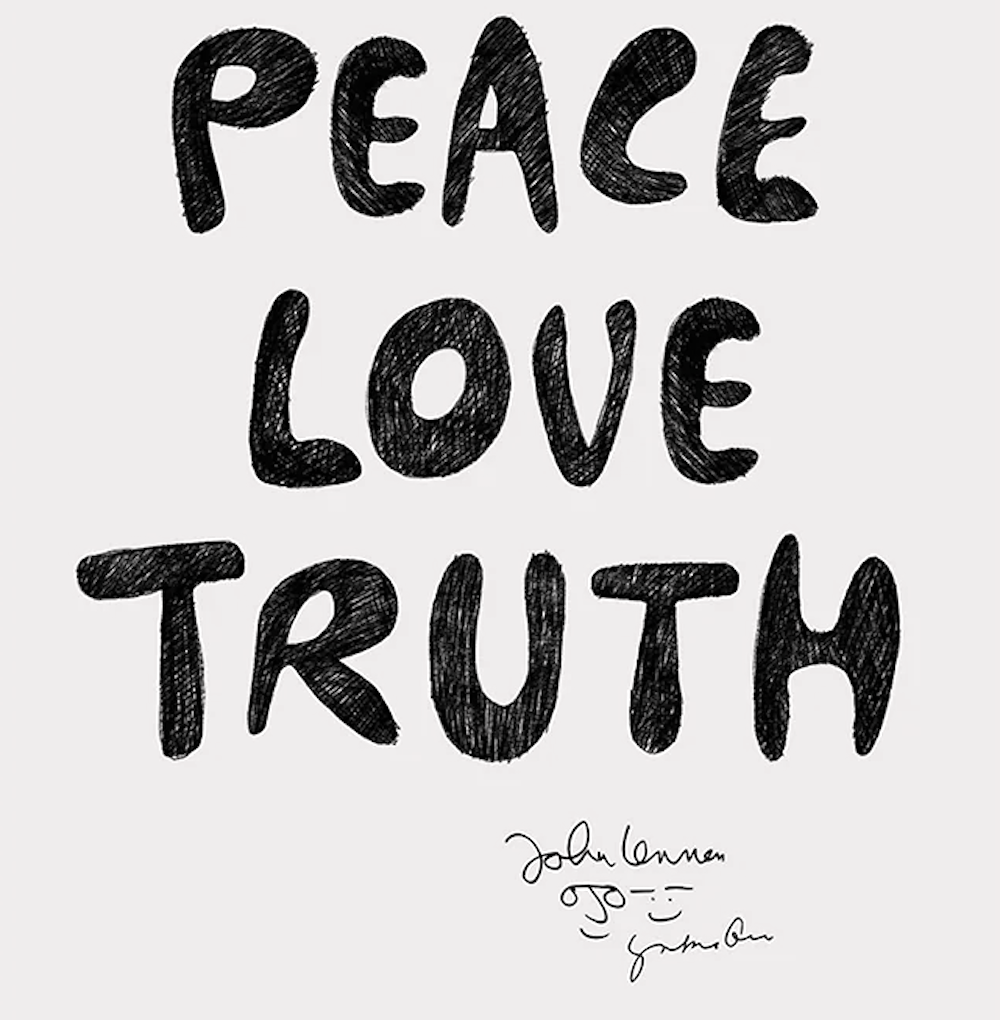How can we know the "truth"
/We might never know which is right or wrong; we might never know “the truth.”
It’s what the Buddhists call a “Mu” situation, in which some questions and mysteries are both yes and no. The “Mu” concept is an important component of creativity. It’s about having the open-mindedness to embrace the different or welcome differences while continuing to move forward or innovate. Narrow-mindedness is the downfall and death of innovation. Innovation unto itself is a one-directional forward motion, continually in search of growth, progress, evolution... which means, we discover new and different truths with new and different information and insight. Truth is forever in flux, with infinite variables and persepctives.
The “Mu” concept is based on a question asked by a student to his master while sitting in a temple. The student asks the master to explain what Buddha nature is.
“Buddha nature is all things,” the master replies.
The student sees a dog wandering in the garden and asks if the dog also has Buddha nature.
“Mu,” responds the master. Buddha nature can’t be categorized, according to its principles. The master is, therefore, unable to deny or confirm the answer. If the master answers “no,” then he is wrong. If he responds with “yes,” then he is also wrong. “Mu” becomes the only acceptable answer. Buddha nature is everything even when it isn’t.
Truth has multiple sides, versions and realities. In understanding this possibility that there is never a finite truth, we remain open, minimizing judgment and condemnation. This is the ultimate attitude of open-mindedness that allows for the deepest form of understanding, collaboration, and harmony. The result is innovation ... a new world, a better leader, a stronger team, an improved product.
This is an excerpt from my book, INNOVATION MINDSET




